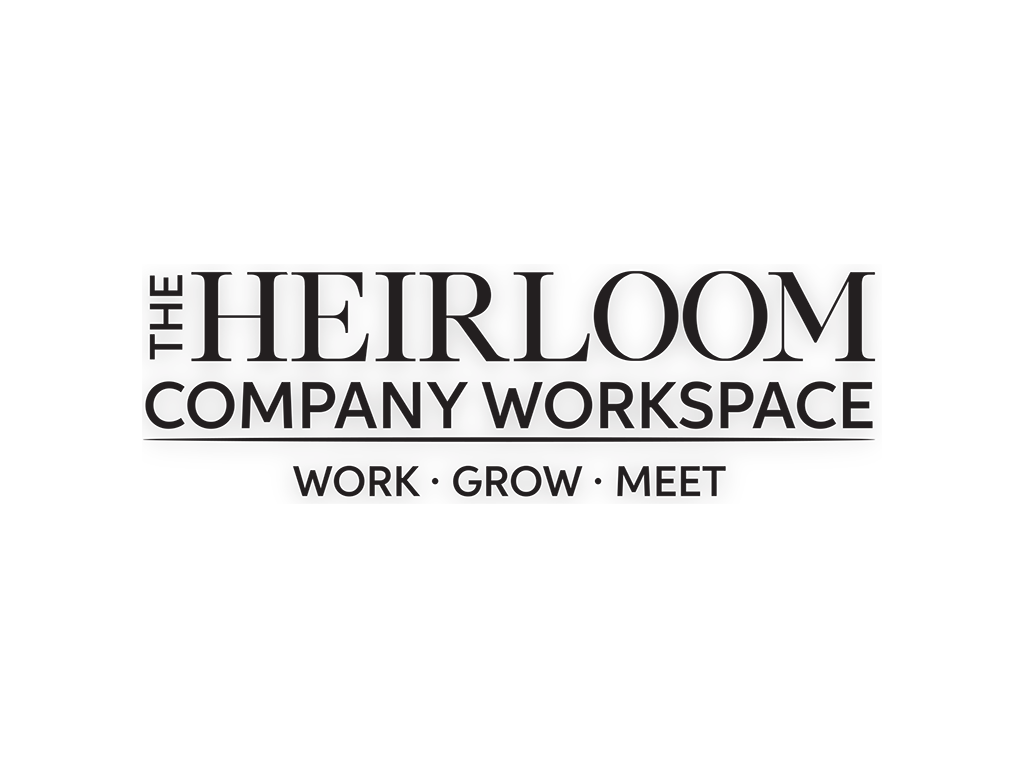By Amy Moyer
“Almost every successful person begins with two beliefs: the Future can be better than the present and I have the power to make it so.”
-David Brooks
Motivation for a better future can drive us to make changes in our life now. Motivation is the sum of the energy it takes to reach our goal and the likelihood of success, which equals the payoff.
For example, our goal is to increase our revenue by 10% over the next year so we can expand our office space. To do so, we find we need to increase our customer base of about two new customers a week. We decide our energy is to dedicate three hours a work week to working leads and actively looking for new customers. So we feel the likelihood to grow our business is very high with the dedication of time. Is three hours a week worth growing our business over 10% in the next year? I would say yes.
So starting Monday morning, we are going to sit and work for three hours straight to find new customers…Does this sound feasible, to do over a whole year? Most of us would say no. We may be able to do this over a couple of weeks but could burn out quickly. So how do we keep our motivation up over the long haul? A key to motivation and successfully reaching our goal is to set goals that are reasonable. These goals can be micro goals that are the building blocks to reaching our end goal or larger goal. Set goals where our effort and energy will have a high rate of return with minimal failures. The goals don’t have to be tangible either; they can be as simple as building better habits or routines to better ourselves or business.
So using the earlier example, what would be a good first goal to set to keep our motivation going to reach the end goal of growing revenue by 10%? A small goal to start with could be dedicating 15 minutes a day to following up with leads. Not just any 15 minutes, a dedicated time. Add it to the calendar, from 10:00 to 10:15am each day we will make phone calls. At the end of the week, did we reach the goal of spending 15 minutes a day calling leads? Most likely yes, because you set a reasonable and attainable goal. By setting a reasonable amount of time and scheduling it in our calendar we made steps in committing ourselves to completing the goal.
Per author James Clear, when setting your goals you want to:
- Keep it simple – don’t over complicate them. Make calls for 15 minutes a day, talk to 10 people, and set 2 meetings. We can lose motivation fast if we fail at one of these goals. Start with one simple goal, make calls for 15 minutes. If we were only able to get a hold of 5 people, that is ok, we put in the time. Tomorrow we may talk to 15 people.
- Set an upper limit – we don’t want to get burnt out. We will spend 15 minutes a day but not more than 30 minutes. Burning out is a big motivation killer.
- When, Where, and How – schedule, and put it on the calendar. Monday, in my office from 10:00 to 10:15am. If we are vague when setting our intentions, it is easy for outside influences to distract us. 5 o’clock could roll around and we didn’t make any calls.
It is a lot easier to set aside 15 min than 3 hours. The next week we may increase the time to 20 minutes a day and so forth until we are averaging 3 hours a week, the effort we felt was necessary to build our business. As things move along, we can adjust our goals and challenge ourselves with how many new customers we get or meetings we set. At the end of the year, all these small goals will create a much bigger payoff, hopefully 10% growth.
What goal are you going to set for yourself this week?


 This is your new headquarters for everything business, creativity, and parenting. Our space reaches further than just between our front door and back door. We strive to provide helpful content on productivity, working as a parent, networking, marketing and everything else that building a business (and a family) involves. Enjoy!
This is your new headquarters for everything business, creativity, and parenting. Our space reaches further than just between our front door and back door. We strive to provide helpful content on productivity, working as a parent, networking, marketing and everything else that building a business (and a family) involves. Enjoy!